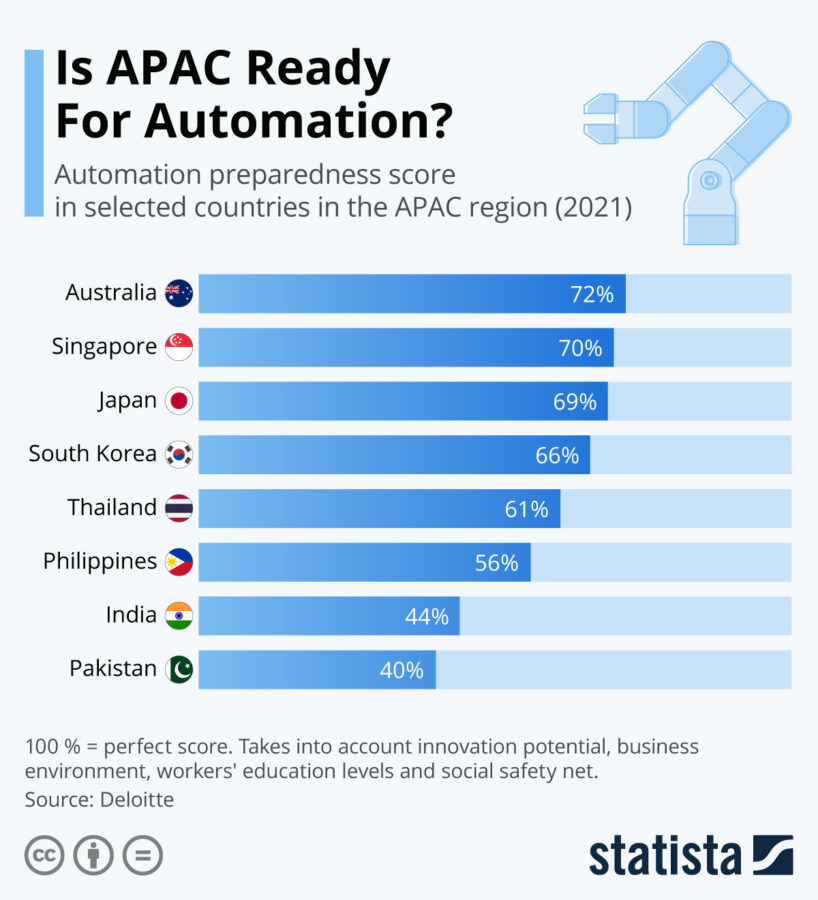Mr Muhammad Hamza Tanvir is an independent journalist and a political analyst, focusing primarily on regional and global strategic and political issues. He has authored numerous articles for different national and international publications.
Digital Pakistan
The world today has gone through a massive transformation primarily due to the Covid-19 pandemic. This catastrophe has affected each and every facet of life all around the globe but has hit hardest to the economies of third world countries. Pakistan is no exception to that as the country’s economy was struggling hard to stay afloat amidst the outbreak.
Former Adviser to the Prime Minister on Finance and Revenue Dr. Abdul Hafeez Shaikh held Covid-19 responsible for a loss of over Rs 3 trillion to the national income in the first half of 2020 while presenting the Economic Survey of Pakistan 2019-2020. The virus has not only instigated the financial mayhem but also frayed the socio-political fabric of the society, that is, from governance to businesses; from healthcare to the education sector.
Keeping in view the scenario, Pakistan needs to come up with a multi-pronged strategy to deal with future turbulences on an immediate basis. Now the question arises, where to get that magic wand that could purge the country from all these ills in just a few spells. The answer lies in “Digital Pakistan”. Pakistan being a corruption-prone country needs digital transformation more than anything else.
Digital Infrastructure
The reform agenda that the incumbent government carries for Pakistan can only materialize by digitalizing the public sector very first hand. A proper digital method of performance evaluation can enhance the services of government employees. It can be a source of minimizing the interference of human emotion in the public sector which would eventually boost the morale of bureaucrats and other workforces.

Moreover, the creation of complaint portals in government institutions can help curb all forms of corruption, bribery, and favoritism and support mending the trust deficit between the government and the public. Similarly, e-governance, e-challans, e-ticketing, and online filing of taxes can earn huge revenue to the country. Digitalized sales and purchase records of property would assist in putting a halt to “Qabza Groups” and other mafias – leaving no chance for black economy.
Online or e-voting and registration systems could put an end to pre and post-poll rigging and resolve the issue of “Ghost Voters“. The government step to introduce Electronic Voting Machines (EVM) can prove lucrative but for that, a national consensus is imperative, which the government to date has failed as they are unsuccessful in making an EVM that could be accepted by all and is prone to rigging and other relevant issues.
Similarly, online issuance of domiciles, CNICs, and passports along with biometric certification leads to a crackdown of illicit and dual identity issues. To view this progress, in reality, Pakistan has to hold that wand of digitalization firmly so the spell could work effectively in executing the reform’s dream.
Digital Measures
Although the incumbent government has taken some steps in this regard, the country needs to go the extra mile and these initiatives can only be lucrative if they involve the people from the grassroots level. In May 2020, two policemen were shot dead in Islamabad at a police check post. Along with them, a few passengers were also killed and maimed during the tussle between police and gunmen.
This was not the first time for such an incident to happen but such brutal killing is the last straw; it’s high time to equip the law enforcement agencies with updated technology so that no offender goes unpunished. We also need to replicate the spells of the developed countries that are using digital technologies to fight this pandemic.
For instance, Chinese police, amid such a crisis, have used drones with loudspeakers to disperse crowds while Germany and Italy are using location data to identify public spaces where the public violates lockdowns. No doubt, Pakistan was also using secretive surveillance technology, according to PM Imran Khan, to track Covid-19 patients and the people they came into contact with but there is still a great deal to do as “extraordinary problems require extraordinary measures”.
Digital Literacy
Pakistan is a country with almost 64 percent of the youth population and one of the highest numbers of IT graduates all around the world. This gives it an edge over many other countries, but the dilemma is that this young population is becoming more of a liability than an asset. Again, a similar wand is required to blow a spell that could spark the light among our youth.
This stratum of society can help in earning a huge number of remittances from all around the world through freelancing. The lack of market experiences and dearth of competent faculty in most of the IT Institutions are hurdles standing in the way. The appointment of an uninterested Minister in the Ministry of Education and the old syllabus being taught in the universities is also among the major flaws of our country.
To overcome these challenges, training of IT graduates in programs like Digiskills and E-Rozgar – which have proved beneficial for the country – is required so that these young scientists could execute their skills to bring new inventions and innovations in the digital markets. Also, the procedure of digital payments will regularize the transaction made by the citizens and thus will reduce the chances of terror financing and money laundering which can mend Pakistan’s image globally.
This will also brighten the chances of Pakistan coming out of FATF’s grey list. For that, the country needs to introduce international digital firms like Google, Amazon, Stripe, Yahoo, Alibaba, PayPal, and others to its financial market. This will attract Foreign Direct Investment (FDI) in the country and will also ease the way for freelancers to get their money at low exchange rates and within less span of processing time.
In 2020, Islamabad High Court had also urged the government to bring Amazon and PayPal to Pakistan on a petition filed by a local residing in Islamabad. Although Amazon has started operating in Pakistan, the PayPal issue is not resolved which hampers the people of the country to take full advantage of Amazon services.
Advancing Connectivity & Accessibility
In June 2021, a parliamentary committee had asked the Finance Secretary to hold a meeting with all the parties involved to probe why the PayPal service was still unavailable in Pakistan. The contemporary government – PTI – has shown unprecedented interest in the digital transformation of Pakistan. The “Digital Pakistan” vision of the present government needs a warm reception as it can give a boom to the country’s derailing economy and can help the country in earning huge remittances.
Under this initiative, the government has successfully introduced programs like the National Cyber Training Program which will train thousands of cyber-security experts. Another program launched under this initiative is PIAIC which is training thousands of students all over Pakistan, with the collaboration of Saylani Welfare Trust, in the domains of Artificial Intelligence (AI) and Internet of things (IoT).
Programs like these can train a huge chunk of unemployed youth who can later build their start-ups in the field of IT. Programs like Digiskills, E-Rozgar, PIAIC, and NCTP can play a decisive role in changing the fortune of the country and competing with modern countries.
One thing the government lacks is the realization that none of their initiatives and projects can prove beneficial until they take all the stakeholders including the opposition on board. A national consensus and inclusion of the strata of a country can only materialize the dream of digital Pakistan. Indeed, it will be one of the major sources to revive the economy of the country.
If you want to submit your articles and/or research papers, please check the Submissions page.
The views and opinions expressed in this article/paper are the author’s own and do not necessarily reflect the editorial position of Paradigm Shift.



















